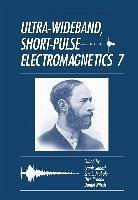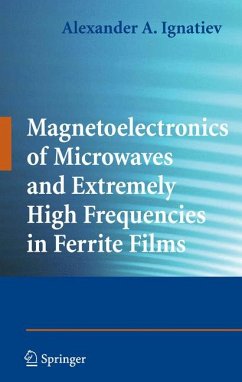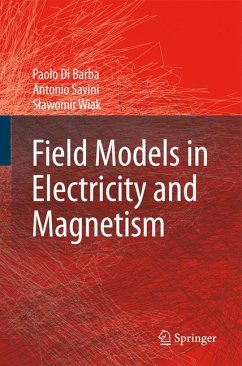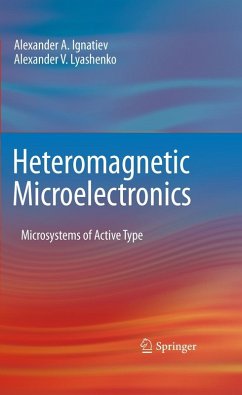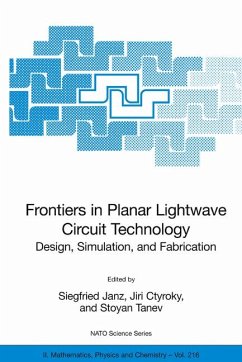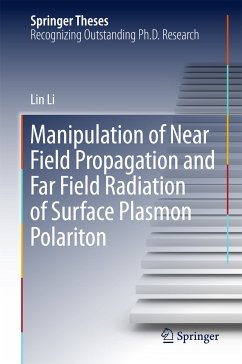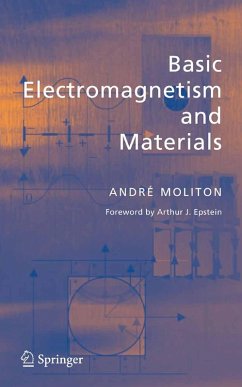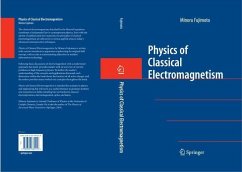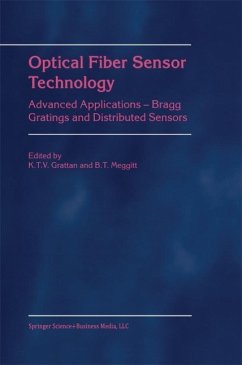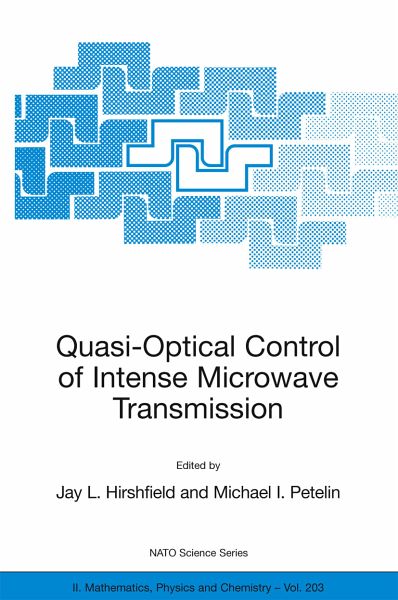
Quasi-Optical Control of Intense Microwave Transmission (eBook, PDF)
Proceedings of the NATO Advanced Research Workshop on Quasi-Optical Control of Intense Microwave Transmission Nizhny, Novgorod, Russia 17 - 20 February 2004
Redaktion: Hirshfield, Jay L.; Petelin, Michael I.
Versandkostenfrei!
Sofort per Download lieferbar
232,95 €
inkl. MwSt.
Weitere Ausgaben:

PAYBACK Punkte
116 °P sammeln!
Between February 17 and 20, 2004, approximately fifty scientists from ten countries came together at the Institute of Applied Physics (IAP), Nizhny Novgorod, Russia to participate in a NATO sponsored Advanced Research Workshop whose appellation is re flected in the title of this volume, namely Quasi Optical Control of Intense Microwave Transmission. The fashionable label "quasi optical " has come into use in recent decades to denote structures whose characteristic dimensions exceed (sometimes by large factors) the free space radiation wavelength. Such structures were and are developed to repla...
Between February 17 and 20, 2004, approximately fifty scientists from ten countries came together at the Institute of Applied Physics (IAP), Nizhny Novgorod, Russia to participate in a NATO sponsored Advanced Research Workshop whose appellation is re flected in the title of this volume, namely Quasi Optical Control of Intense Microwave Transmission. The fashionable label "quasi optical " has come into use in recent decades to denote structures whose characteristic dimensions exceed (sometimes by large factors) the free space radiation wavelength. Such structures were and are developed to replace the traditional single eigenmode ones in situations when high frequenc ies (short wavelengths) are combined with high powers, a combination that could otherwise lead to RF breakdown and high Ohmic wall heating rates. Treatments of guided wave propagation in oversized structures is aimed at pr eserving the propagating field coherence and thus to provide efficient transmission of RF power to remote destinations such as antennas, microwave ovens, plasma chemical reactors, nuclear fusion machines, and the like.
Dieser Download kann aus rechtlichen Gründen nur mit Rechnungsadresse in A, B, BG, CY, CZ, D, DK, EW, E, FIN, F, GR, HR, H, IRL, I, LT, L, LR, M, NL, PL, P, R, S, SLO, SK ausgeliefert werden.




